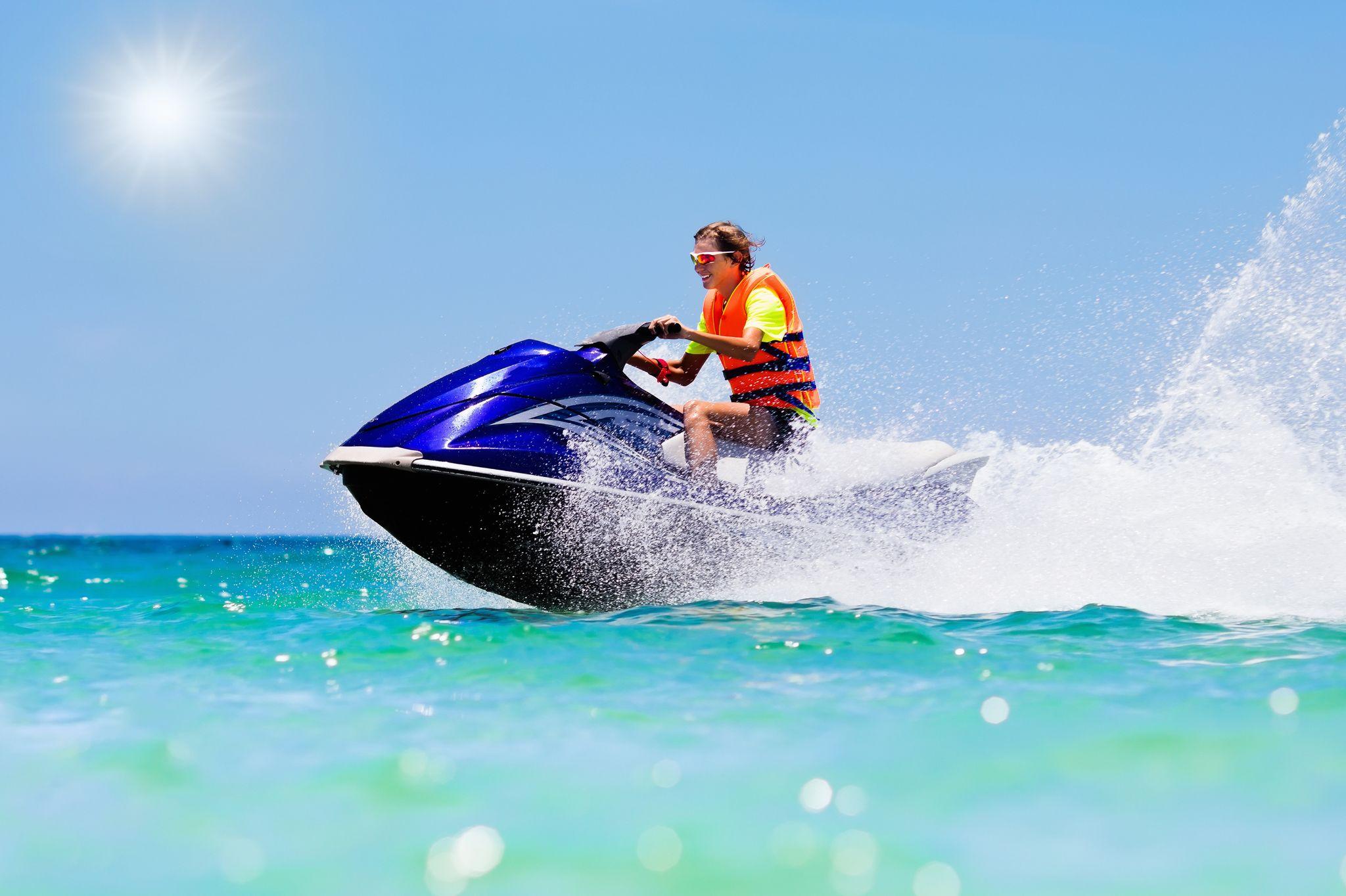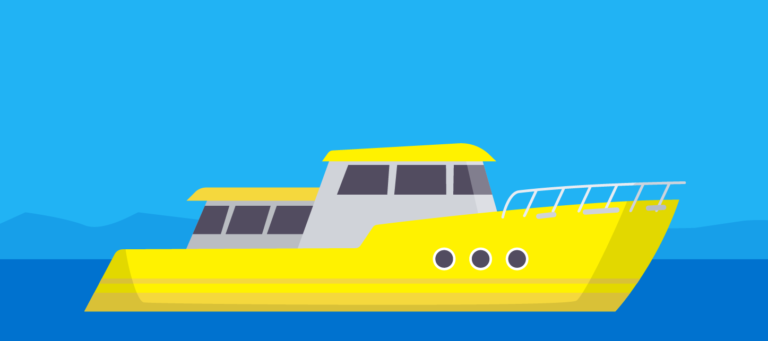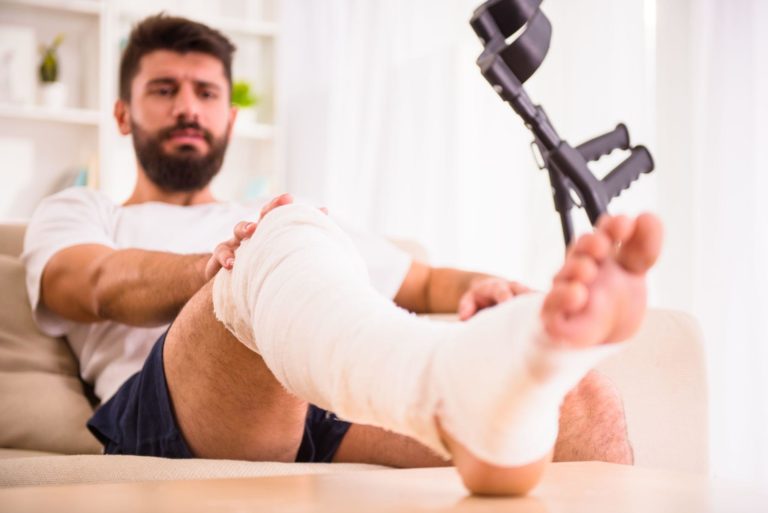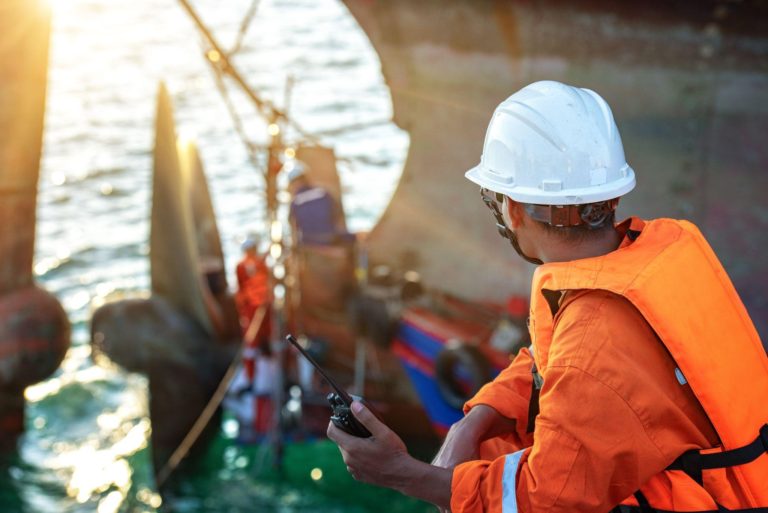Jet skiing is one of the most popular water sports, offering thrills, speed, and a way to enjoy the open water. While they’re fun, jet skis also carry significant risks. Accidents can lead to serious injuries—or worse. It’s important to understand what causes jet ski accidents, how to stay safe, and what legal options are available if something goes wrong.
How Dangerous Is Jet Skiing?
While jet skiing isn’t inherently dangerous, the way they’re used can make them a serious risk. Jet skis are high-speed personal watercraft (PWC) that can reach speeds of up to 70 mph. When operated recklessly or without knowledge of safety protocols, jet skis can collide with boats, swimmers, other jet skis, or even stationary objects like docks. Add alcohol, poor visibility, or lack of supervision into the mix, and the dangers of jet ski accidents rise sharply.
Jet Ski Accident Causes
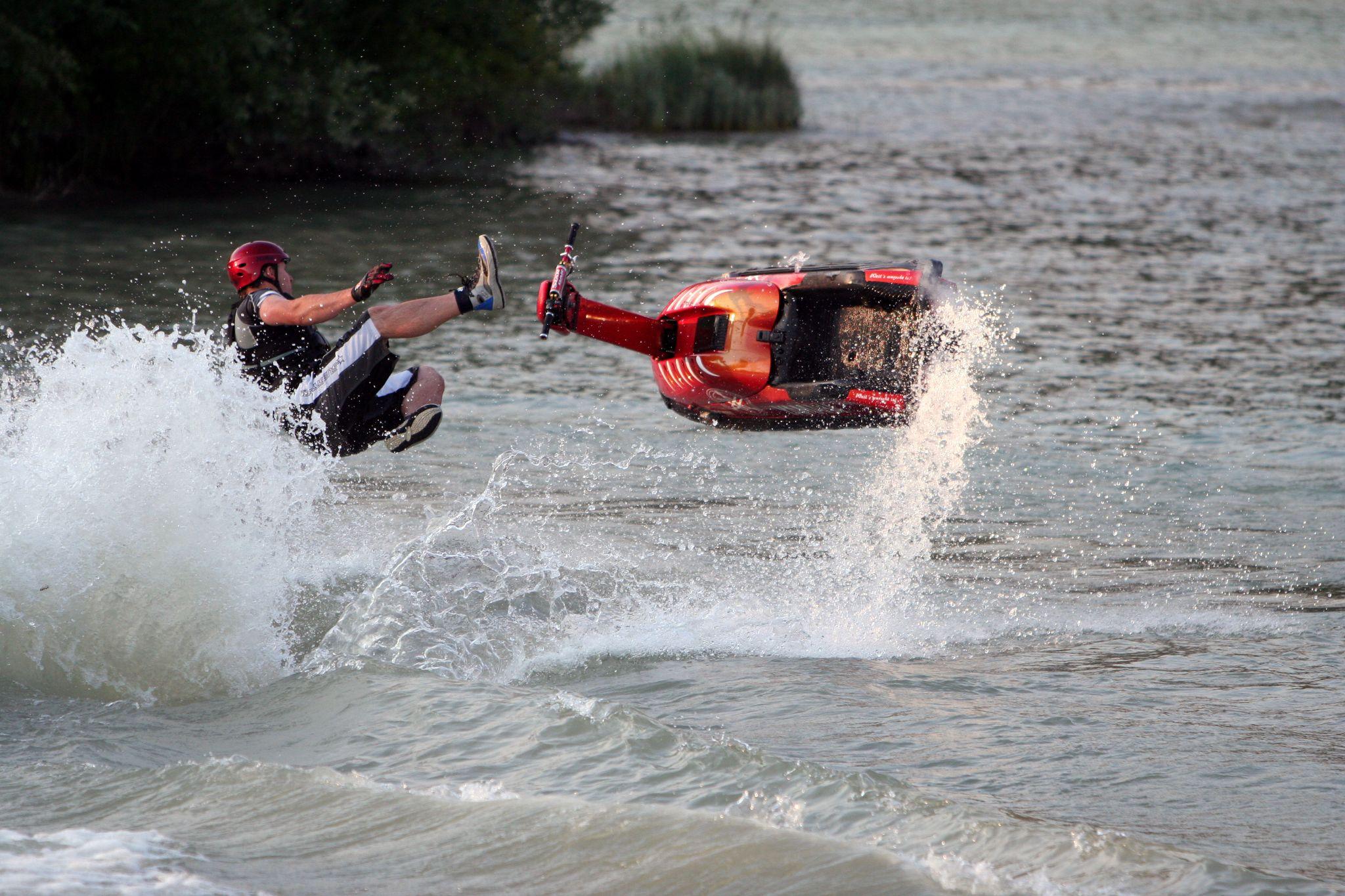
Jet ski accidents can happen for a variety of reasons, including:
- Inexperienced Operators: Many jet ski crashes involve first-time users or those without prior experience.
- Speeding: High speeds reduce reaction time and increase the severity of injuries in a crash.
- Reckless Behavior: Stunts, sharp turns, and weaving through traffic can easily lead to loss of control.
- Collisions: Crashes with boats, docks, or other PWCs are among the most frequent and dangerous accidents.
- Mechanical Failure: Equipment malfunction or poor maintenance can lead to loss of control or other hazards.
- Intoxication: Alcohol and drugs significantly impair judgment and reaction time.
- Poor Visibility: Operating a jet ski at dusk or in bad weather increases the risk of unseen obstacles or other vessels.
Common Jet Ski Accident Injuries
- Head and Brain Injuries: Concussions and traumatic brain injuries (TBIs) can result from impact or being thrown from the watercraft.
- Broken Bones: Arms, legs, ribs, and facial bones are frequently fractured in high-speed collisions.
- Lacerations: Contact with jet ski components or other sharp objects in the water can cause deep cuts and scarring.
- Spinal Cord Injuries: Sudden impacts may damage the spine, potentially leading to partial or full paralysis.
- Internal Injuries: Blunt-force trauma can result in internal bleeding or organ damage.
- Drowning: In severe accidents, unconscious or injured riders may drown if not rescued in time.
- Death: Some people die due to the extent of their injuries or from the severity of the impact.
How to Use Jet Skis Safely
While accidents can’t always be prevented, many are avoidable with responsible behavior and using these safety tips:
- Get Trained: Take a certified boating safety course and familiarize yourself with jet ski operation before riding.
- Wear a Life Jacket: Always wear a U.S. Coast Guard-approved life jacket.
- Avoid Alcohol: Never operate a jet ski while under the influence of drugs or alcohol.
- Obey Local Laws: Follow speed limits, no-wake zones, and age restrictions.
- Stay Alert: Keep a close eye on your surroundings, especially in high-traffic areas.
- Inspect Equipment: Check your jet ski for mechanical issues.
Recent Jet Ski Accidents
In a tragic example of how dangerous jet skis can be, a British tourist recently died in a jet ski accident in the Bahamas. On March 22, 2025, the 73-year-old woman was riding on a rented jet ski when she lost control and collided with a rock.
In another incident, two teenage girls died in June 2024 after crashing their jet ski into a boat. A mother died in August 2024 after a jet ski collision with another jet ski. A week after this tragedy, a father and son died after crashing their jet ski into a seawall.
What Area of the Law Do Jet Ski Accidents Fall Under?
Jet ski accidents typically fall under maritime law (also known as admiralty law), especially when they occur on navigable waters such as oceans, bays, or major lakes. Maritime law governs accidents, injuries, and legal responsibilities involving vessels, including jet skis.
Depending on the details, other areas of law may also apply:
- Personal Injury Law
- Product Liability
- Premises Liability
- Wrongful Death
Legal Rights for Jet Ski Injury Victims
Victims may be entitled to monetary compensation if another party was negligent and responsible for their injuries, which could include:
- Medical expenses
- Lost income and reduced earning capacity
- Pain and suffering
- Property damage
- Rehabilitation costs
- Wrongful death
How a Maritime Injury Lawyer Can Help You
Maritime injury law is complex, and victims must often deal with insurance companies, rental companies, or even international operators, making it important to consult with a jet ski injury attorney as soon as possible. Filing deadlines (statutes of limitations) can also vary depending on where the accident occurred.
Here’s how a maritime injury lawyer can help :
- Investigate the Accident: Gather evidence, witness statements, and expert testimony.
- Determine Liability: Whether it’s another rider, a rental company, or a manufacturer, they identify all responsible parties.
- Handle Negotiations: Deal with insurance companies and at-fault parties to fight for full compensation.
- Navigate Maritime Law: They understand the unique rules and jurisdictions of water-based accidents.
- Represent You in Court: If a fair settlement can’t be reached, they are fully prepared to take your case to trial.
Injured in a Jet Ski Accident? Contact Us Today
If you have been injured in a jet ski accident, get honest legal advice from the maritime personal injury attorneys at Schechter, Shaffer & Harris. We are here to help ensure you receive the compensation you deserve. Contact us now to schedule your free, no-obligation consultation.

